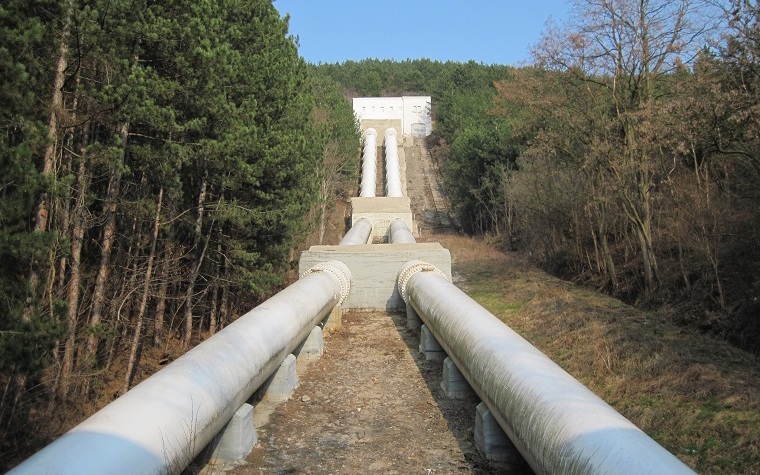Pipelines are the most efficient and safest way to transport oil and natural gas, an energy expert said as Nebraska regulators mulled over whether to green light a route for the Keystone XL pipeline through the state.
The Nebraska Public Service Commission recently held a second public hearing on the pipeline's route and whether it should be approved, and another hearing is planned ahead of an official legal hearing in August to decide it if is in the public interest.
This is the last regulatory barrier to TransCanada's plan to build the pipeline from Alberta, Canada, to a refinery on Texas' Gulf Coast after the Trump administration announced approval of the plan, overturning a ban under the previous Obama White House.
Isaac Orr, a research fellow and expert on energy policy with the Heartland Institute, said he is aware of the hearings in Nebraska, but has not dived into the details.
But, Orr said, overall, pipelines are the most efficient form of transporting oil and natural gas.
"Pipelines transport 19.4 million barrels a day," Orr told American Security News, citing figures compiled by the U.S. Pipeline and Hazardous Materials Safety Administration. "And there have been about 1,300 pipelines built since 2010."
About 200,000 barrels have leaked since 2010, with an average of 216 spills per year. While not ideal, Orr said, it is a tiny amount compared to the overall amount flowing through the pipelines.
Orr also pointed out that opponents come up with different reasons for blocking the building of pipelines, including complaining that the tar sands oil – the type being transported along the Keystone – is much dirtier than other kinds.
"Generally for the 'keep it in the ground movement' that is another think thrown into the mix, that it was because these are tar sands," Orr said, adding that this is fundamental opposition to needed fossil fuels transported by a "pretty common sense infrastructure with minimum environmental impact."
Orr also said it was worth pointing that the amount of energy produced by solar and wind power remains tiny compared to other fuels. In 2016, natural gas accounted for 33 percent of energy generation, petroleum 28 percent, coal 17 percent, and renewable energies 12 percent.
Of the renewables, hydroelectric accounts for just over half of renewable generation, according to the U.S, Energy Information Administration.
At the Nebraska public hearings, opponents speaking against the Keystone outnumbered supporters 3-1, according to a report in the Omaha World-Herald.
The arguments for the plan centered on jobs created, particularly the 4,500 during construction, increased taxes for the state, the U.S. need to be energy independent and that the pipeline will be the most advanced ever built. Those speaking in favor included union representatives, employees of TransCanada.
Landowners were divided, with opponents fearful that leaks will happen, and thereby endangering ground water and streams.
One opponent, according to the World- Herald, also made a point in response to earlier arguments that the U.S. must be energy independent of Saudi Arabia. Saudis have just taken full control of America's largest refinery in Port Arthur, Texas, Keystone's end point.
Retired Army Capt. James McCormick, a Bronze and Silver Star recipient and program director of Vets4Energy, said such infrastructure is crucial.
“Pipelines aren’t just safe, they’re a necessary part of ensuring our energy security," McCormick said. "As America begins to produce more of our energy here at home, instead of purchasing it from regimes that don’t share our values, we need to be able to transport that energy from Point A to Point B. Pipelines are the safest, most proven way to do that."


 Alerts Sign-up
Alerts Sign-up